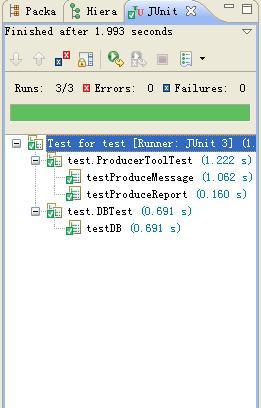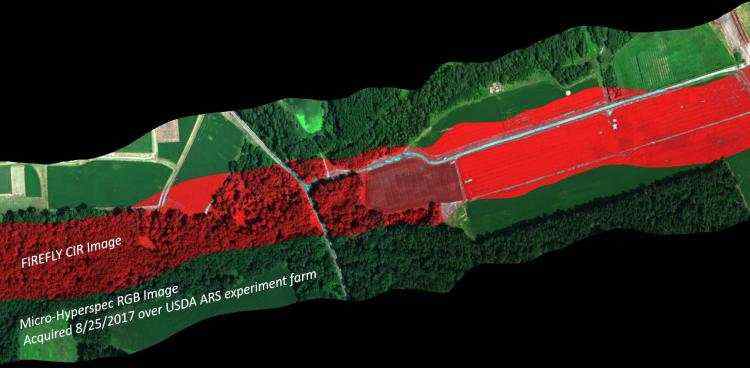blog 结构图:
1 场景描述
源平台为:windows xp 32系统 + oracle 11.2.0.1.0 + ORACLE_SID=orcl
目标平台:rhel6.5 + oracle 11.2.0.1.0 + asm 64位 + ORACLE_SID=orclasm
目标:要实现将自定义的应用程序表空间app1tbs,app2tbs,idxtbs从源平台传递到目标平台
注:
① 从linux到windows 下参考: http://blog.itpub.net/26736162/viewspace-1375260/
② source和target database的数据库版本最好一致,否则会因为db time zone 不一致导致报如下错误,但是source如果大于target的话是可以的,向下兼容的
ORA-39002: invalid operation
ORA-39322: Cannot use transportabletablespace with timestamp with timezone columns and different timezone version.

2 环境准备

2.1 在源库上创建3个用户应用的表空间
C:\Users\Administrator>sqlplus lhr/lhr@orclxp
SQL*Plus: Release 11.2.0.1.0 Production on 星期一 5 17:15:22 2015
Copyright (c) 1982, 2010, Oracle. All rights reserved.
连接到8行。
SQL>
SQL>
2.2 在相应的表空间创建表和索引
SQL> create table scott.app1_tab tablespace app1tbs as select * from scott.emp;
Table created.
SQL> create table scott.app2_tab tablespace app2tbs as select * from scott.dept;
Table created.
SQL> create index scott.idx_emp_ename on scott.app1_tab(ename) tablespace idxtbs;
Index created.
SQL> create index scott.idx_dept_dname on scott.app2_tab(dname) tablespace idxtbs;
Index created.
SQL>
3 判断平台支持并确定字节序
如果传输表空间集到不同的平台,则要确定对于源和目标平台这种跨平台表空间被支持,也要确定每个平台的字节序,如果平台具有相同的字节序,则不需要进行转化,否则必须做一个表空间集转化,在源端或目标端。
3.1 在源平台查询
SQL> col platform_name for a40
SQL> select d.platform_name,tp.endian_format from v$transportable_platform tp,v$database d
2 where tp.platform_name=d.platform_name;
PLATFORM_NAME ENDIAN_FORMAT
---------------------------------------- --------------
Microsoft Windows IA (32-bit) Little
结论:当前的系统平台支持跨平台表空间传输(因为上面的查询有记录返回)
3.2 在目标平台查询
SQL> col platform_name for a40
SQL> select d.platform_name,tp.endian_format from v$transportable_platform tp,v$database d
2 where tp.platform_name=d.platform_name;
PLATFORM_NAME ENDIAN_FORMAT
---------------------------------------- --------------
Linux x86 64-bit Little
SQL>
结论: 当前的平台支持跨平台的表空间传输源平台和目标平台的Endian_format 相同(均为Little),不需要进行表空间集转换
4 选择自包含的表空间集(目前要传输app1tbs和idxtbs这2个表空间)
4.1 进行检查
Indicates whether a full or partial dependency check is required. If TRUE, treats all IN and OUT pointers(dependencies) and captures them as violations if they are not self-contained in the transportable set.
SQL> execute sys.dbms_tts.transport_set_check('app1tbs,idxtbs',true);
PL/SQL procedure successfully completed.









 京公网安备 11010802041100号
京公网安备 11010802041100号